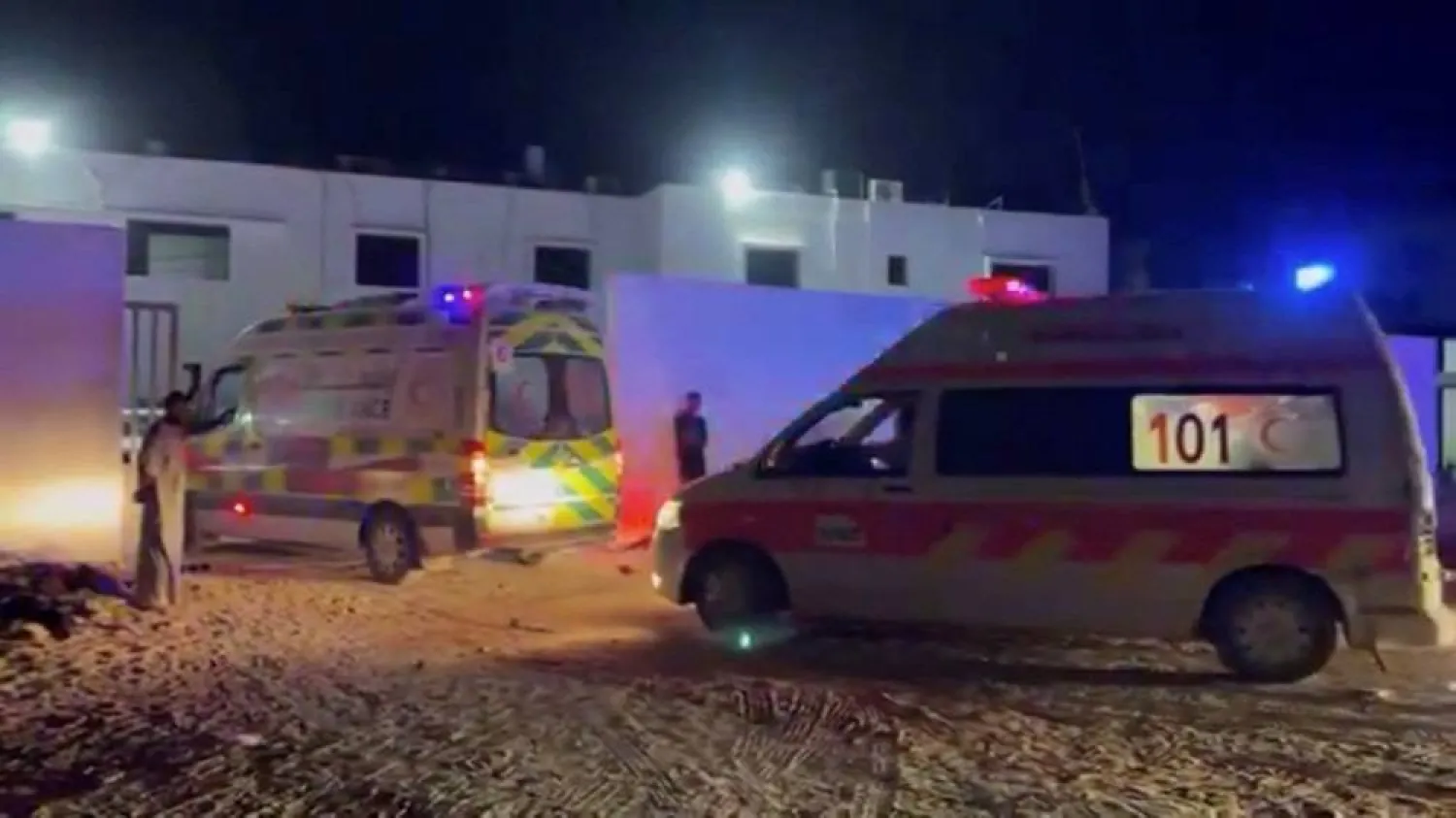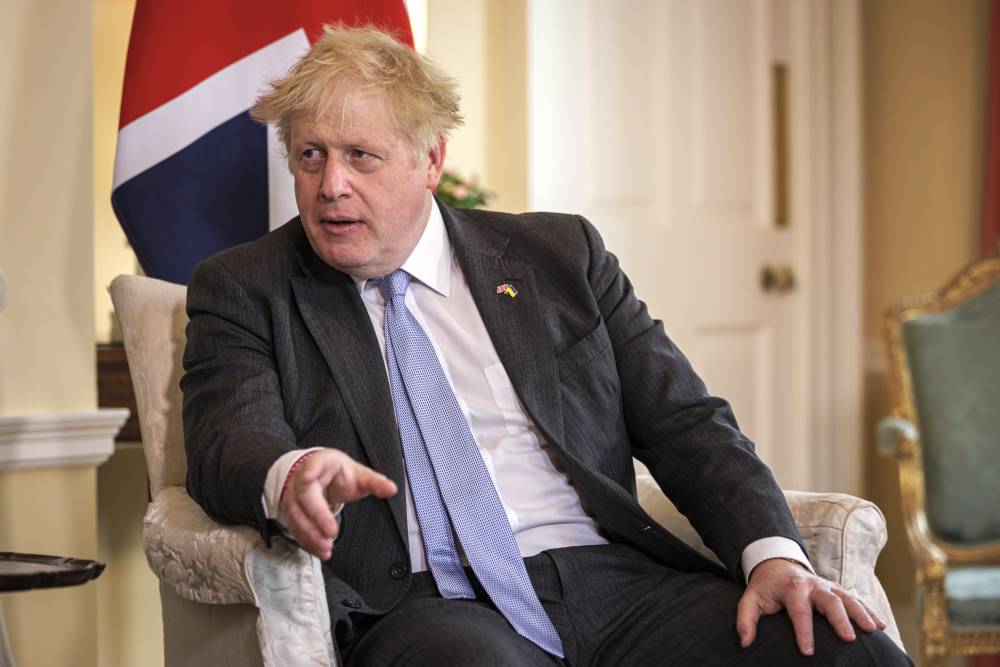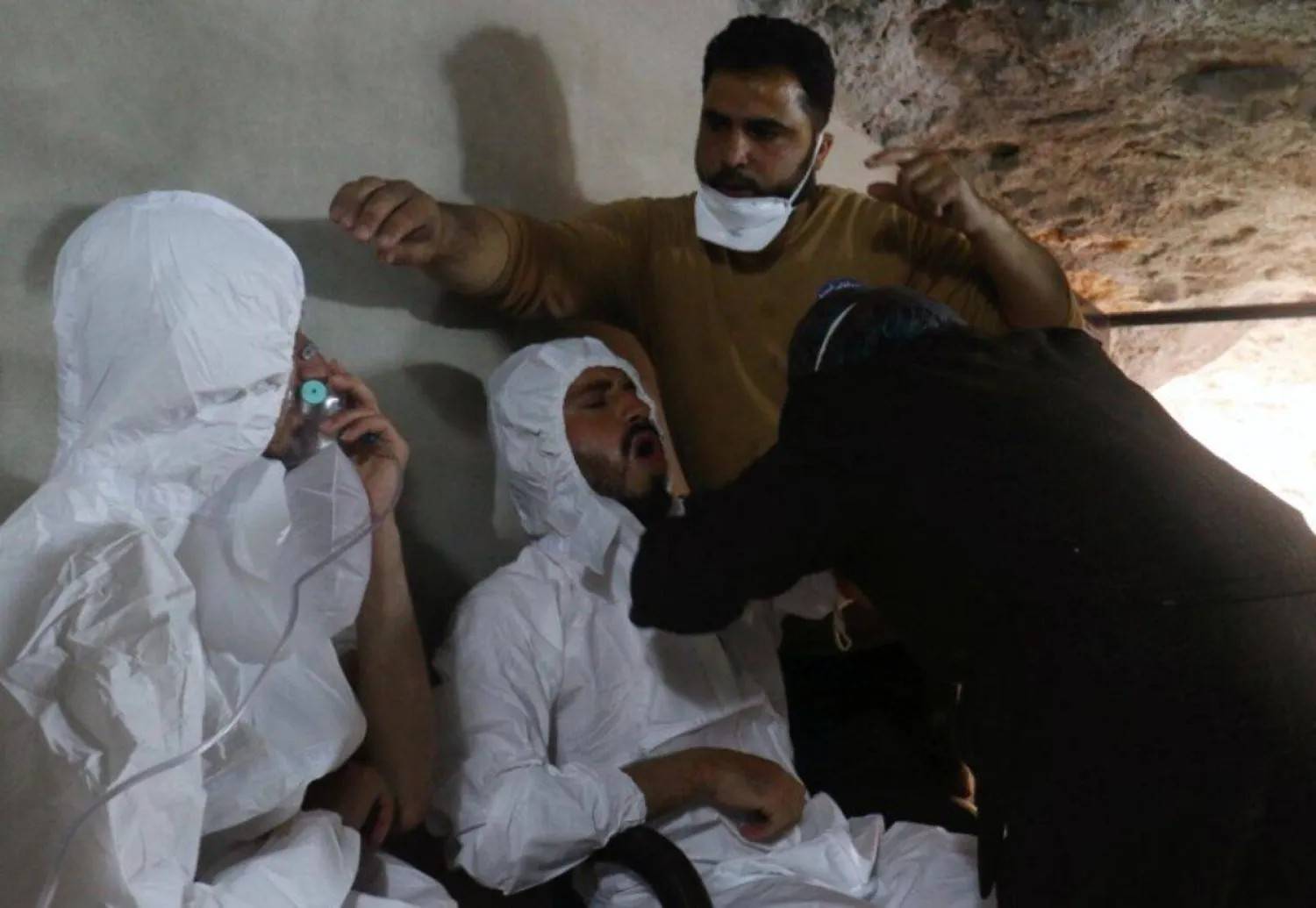Up to 1,000 women and children needing medical care will shortly be evacuated from Gaza to Europe, the head of the World Health Organization's Europe branch said in comments published on Monday.
Israel, which is besieging the war-devastated Palestinian territory, "is committed to 1,000 more medical evacuations within the next months to the European Union," Hans Kluge said in an interview with AFP.
He said the evacuations would be facilitated by the WHO -- the United Nations' health agency -- and the European countries involved.
On Thursday, UN investigators said Israel was deliberately targeting health facilities in Gaza, and killing and torturing medical personnel there, accusing the country of "crimes against humanity".
Rik Peeperkorn, WHO representative in the occupied Palestinian territories, said in May that around 10,000 people needed evacuating from Gaza for urgent medical care.
The WHO Europe has already facilitated 600 medical evacuations from Gaza to seven European countries since the latest war began there in October 2023.
"This would never have happened if we did not keep the dialogue (open)," Kluge said.
"The same (is true) for Ukraine," he added. "I keep the dialogue (open) with all partners.
"Now, 15,000 HIV-AIDS patients in Donbas, the occupied territories (of Ukraine), are getting HIV-AIDS medications," the 55-year-old Belgian said in English, stressing the importance of "not politicizing health".
"The most important medicine is peace," he said, noting that healthcare workers had to be allowed to do their jobs in conflict zones.
- 'Outrage every time' -
Around 2,000 attacks have been registered on health centers in Ukraine since Russia's invasion in February 2022, according to the WHO.
"There may be a kind of acceptance almost but this should cause outrage every single time," he said.
"We will always continue to condemn this in the strongest possible terms."
Kluge expressed concern ahead of Ukraine's third winter of war.
"Eighty percent of the civilian energy grid is damaged or destroyed. We saw it in the hospitals, surgeons operating with a lamp on their heads," he said.
"It will be a very, very tough" winter.
Despite strains on Europe's healthcare systems, he said the 53 countries that make up the WHO European region -- which includes central Asian countries -- were able to come together to prepare for future pandemics.
"In Europe, we did our homework," he said.
- Global pandemic treaty? -
"What we need is a pandemic treaty globally, because even if we do our share, we're never going to stop bugs entering our continent."
A European strategy for pandemics is due to be presented on October 31.
At the same time, the WHO is urging its members to "manage and prepare for the next crisis, while ensuring continuation of essential basic health services" in order to avoid another "rupture" like that which occurred during the Covid pandemic.
Ensuring the security of national health care systems is crucial and should be a priority, he said.
"A minimum of 25 out of 53 countries during the past five years had at least one big health emergency event big enough to test the country's security," he said.
The pandemic has left its mark on Europeans, which Kluge hopes to erase during his next mandate.
"The Covid-19 pandemic set us back two years on non-communicable diseases," he said, requiring countries to double down on diagnosing and treating multidrug resistant tuberculosis, testing for uterus and cervical cancer, and vaccinations.
In addition, Kluge said he also wanted to address worrying trends, such as the health of young people and growing inequalities between men and women.
"It's very clear. We see that the lockdowns during Covid-19 led to a 25-percent increase in anxiety and depression orders," he lamented.
"Twenty-six percent of the women between 15 and 49 years in my region report, at least one time in their lifetime experienced intimate partner violence or non-partner sexual violence," he said.
Kluge has headed the WHO Europe since February 2020 and is expected to be re-elected at the end of October.











